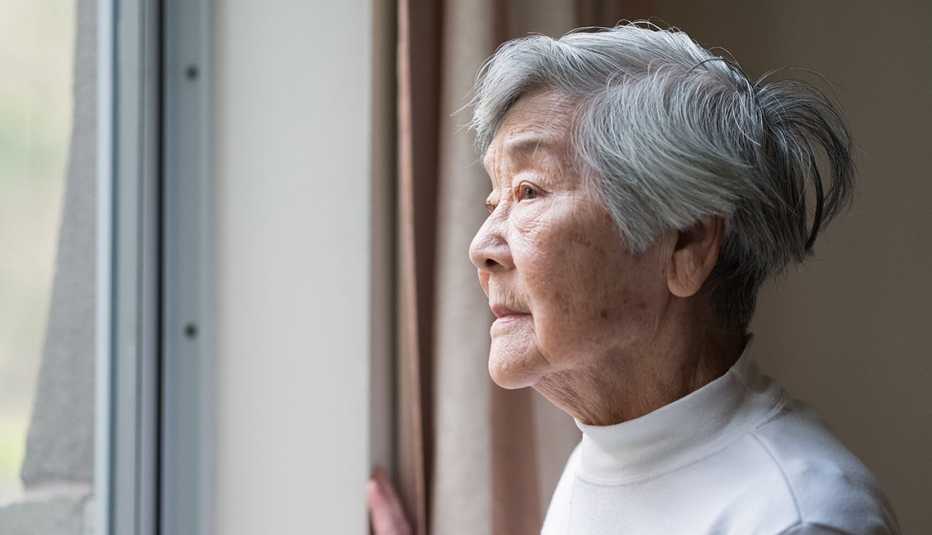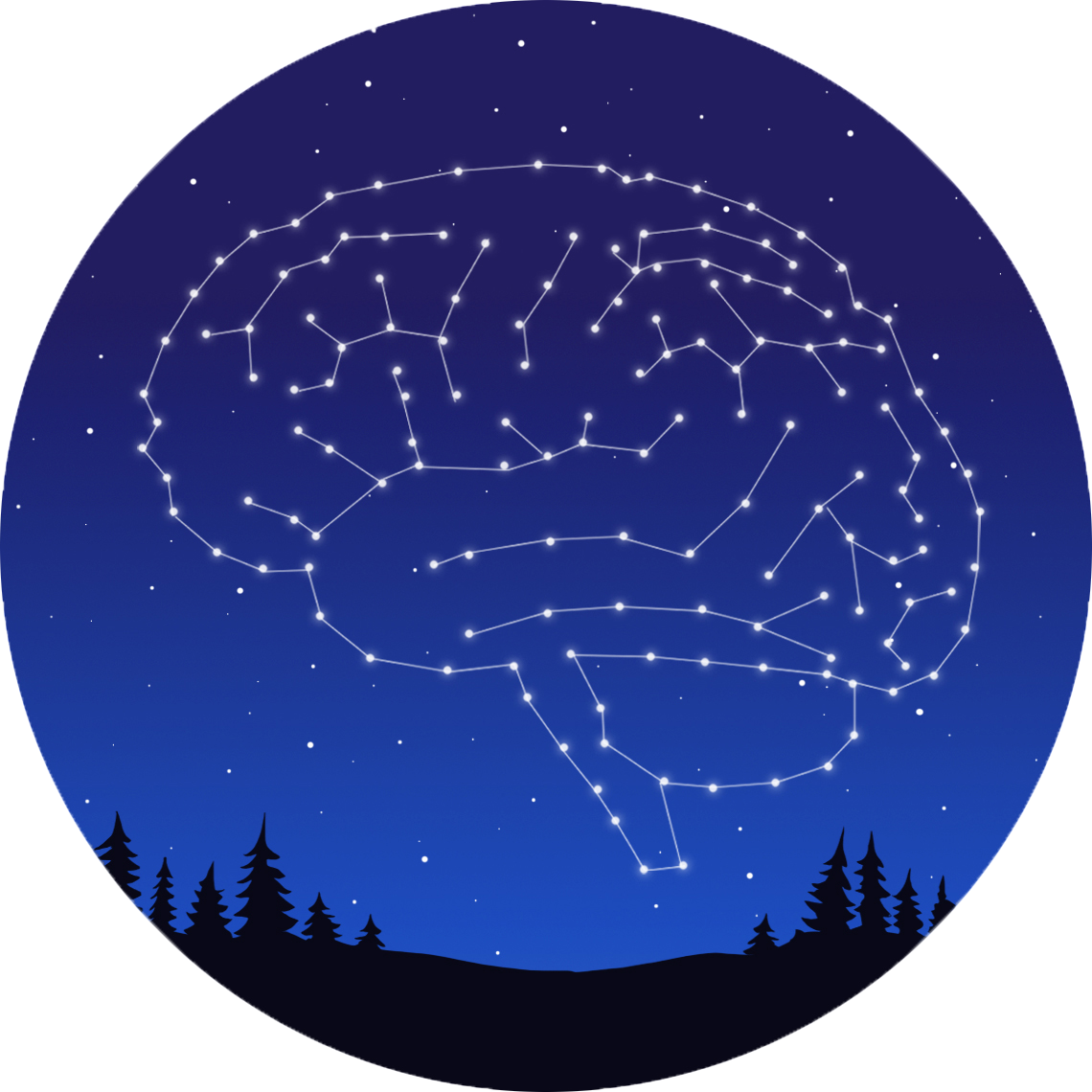Staying Fit


Depression is often treated with prescription drugs. But there are other things you can try alongside the medication prescribed by your doctor. Or if the depression is mild and you and your clinician agree, instead of drugs, psychotherapy, physical or mindful exercise, diet, improved sleep and other lifestyle adjustments may help as well.
Plus, they can indirectly help by improving your overall attitude toward life and health. Here are some of the most common ways doctors and psychologists say you can fight depression that don’t involve medicine:


AARP Membership— $12 for your first year when you sign up for Automatic Renewal
Get instant access to members-only products and hundreds of discounts, a free second membership, and a subscription to AARP the Magazine.
1. Talk to a professional. Talk therapy can indeed help treat depression, according to a 2015 review of 30 studies published in the Annals of Family Medicine. Navigating the options may seem confusing, since there are about 400 recognized types of therapy, says psychologist Kimber Shelton, owner of KLS Counseling & Consulting Services in Duncansville, Texas. Cognitive behavioral therapy, or CBT, which focuses on changing faulty or unhelpful thinking patterns (such as “I fail at everything I try” or “No one wants to be my friend”), is probably the most widely used method for depression, she says.
AARP's Brain Health Resource Center
Find more on brain health plus dementia, stroke, falls, depression/anxiety and Parkinson's disease.
But more important than the specific type of therapy is the quality of the relationship between the client and the therapist, she says. “You want to think, The therapist understands me. She’s helping me see blind spots. She’s challenging me,” Shelton says. You can find a therapist through a referral from a physician or friend, your insurance company or online directories. Don’t be afraid to talk to a few candidates until you find a good match.





































































More From AARP
Mental Well-Being Series
Four challenges to manage emotions, boost resilience, practice mindfulness and pursue happiness, all at Staying Sharp®
How to Help Someone With Depression
If your spouse, friend or coworker is behaving differently, you can helpThink You Are Too Old for Mental Health Therapy?
Age can be an advantage, but many older people don't get help they need
Recommended for You